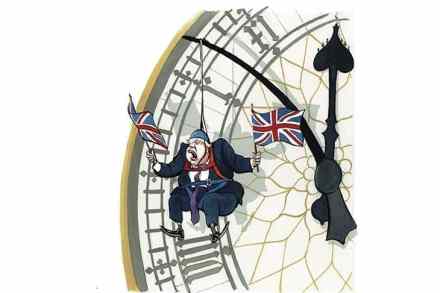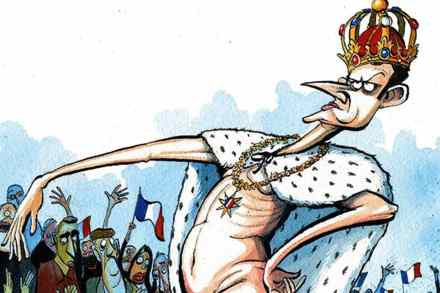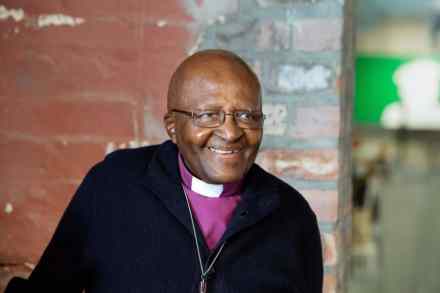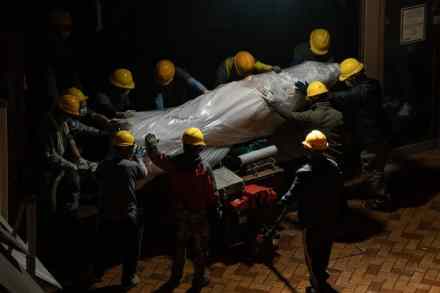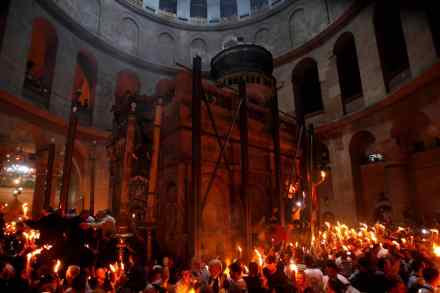China could be more dangerous than ever in 2022
Twenty twenty-two is the year that Xi Jinping plans to seize power for life, but it is not going according to script. He is retreating further into his bunker – a self-isolation that is amplifying the Communist party’s arrogance and insecurities. Challenges are mounting at home and abroad, which will make for a bumpy year in China’s growing rivalry with the West. Xi’s most immediate problem is Covid-19, where he has backed himself into an increasingly untenable ‘zero tolerance’ cul-de-sac, just as most of the rest of the world is learning to live with the virus. Just before the new year, gun-toting police in the city of Jingxi paraded four people






